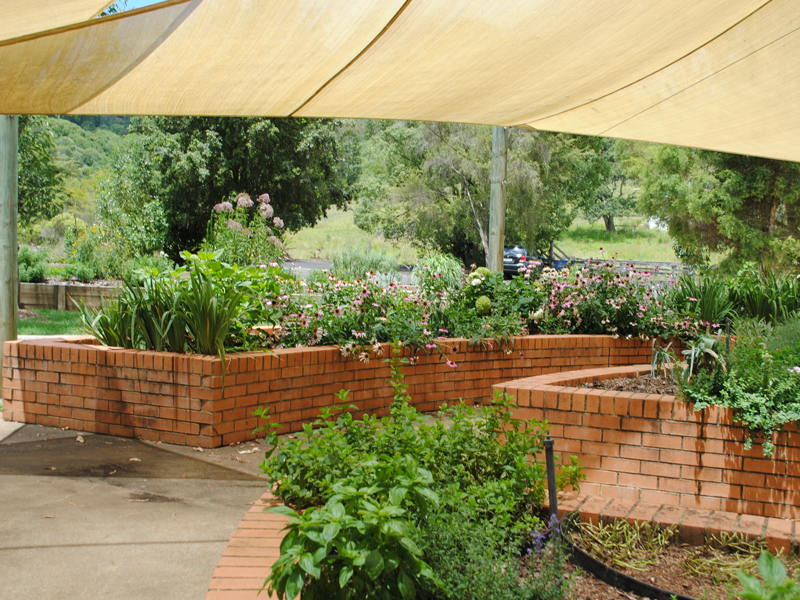
Changes: going away and coming home
I was away from home for eighteen years. I left Melbourne in 1996 to go to Lismore, over 1500k north, to be part of the team that established the first university course in naturopathy in Australia. The choice to go was a no-brainer for me – if herbal medicine was going to be taught a university in Australia, I wanted to go with it. However the move was a huge wrench and at the time of leaving I silently characterised my move as ’going into exile’. A beautiful exile, engaging on so many levels, with some wonderful friends – but exile nonetheless. I moved away from my big-city home to a regional town, taught at a regional university. I was fully engaged in the exciting prospect of establishing herbal medicine as a new academic discipline.
When I came back home to Melbourne nearly 20 years later, it was bemusing and to try and find what was going on with herbal medicine and naturopathy. Where was everyone? Where was the energy that in my memory was so characteristic of my profession? The private naturopathic colleges appeared better resourced, but also more constrained, with more rules. There seemed to be fewer clinics around, but many more naturopaths in pharmacies and in upmarket healthfood groceries. The public interest in natural medicine is clearly generating a lot of money for some, but very few of my naturopathic friends were sharing in this boom. Most just seemed more tired, less enthused than I remembered them. Was it just the passage of years, or was my memory playing tricks?
I have never particularly enjoyed playing the nostalgia game, but I found myself missing the energy, the fun that I remembered.And then someone said – ´oh yes but you used to be indie´ Yes! That was it! We used to be indie. But what does indie mean?
Turning to the wisdom of Google, and skipping the references to indie music and indie movies, I found advice about how to become indie. ‘Be Indie’ states that this ‘is about a self-representation that highlights your uniqueness. It means independent thinking, making decisions based on your own internal compass instead of going with outside voices’ and the site and then goes on to give illustrated tips about how to go about becoming indie, including ‘don’t care what people think’, ‘appreciate new or forgotten things’, and ‘be independent’.
Yes, studying to become a herbalist in the 1970s, as I did, was very much ‘being indie’, as herbalists and naturopaths were seen as eccentrics and oddballs. During my own education and for the first decade, at least, of my own teaching, teachers and students were necessarily indie or this profession would not have been on our radar.
With widespread public popularity comes regulation, and while the naturopathic profession itself is not regulated by law (tho many of my colleagues would dearly like this to be so), the lucrative supplements industry is regulated via the Therapeutic Goods Administration and the naturopathic colleges which now attract significant government funding as private education providers are regulated via the various state education departments.
The demands of such regulation have long since transformed these small enterprises by mergers and acquisitions, and driven out the vast majority of their founders. Our naturopathic colleges may be part of companies owned by merchant bankers, or overseas superannuation fundholders and our herbal providers may be part of overseas oil and gas companies.
These changes may feel inevitable, but I wonder what changes are wrought to our understanding of our craft with these new alliances.
Much to think about as I explore my old city anew.

0 Comments